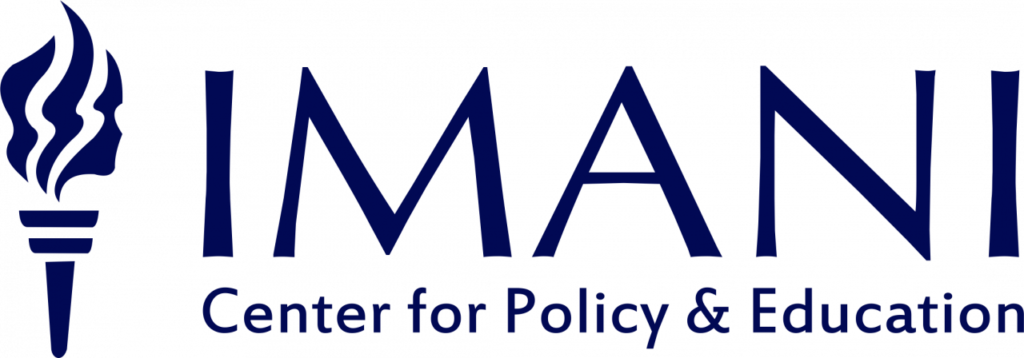Policy think tank IMANI Africa has cautioned that Ghana’s latest procurement reform package risks becoming yet another “layer of paper promises” unless enforcement mechanisms are strengthened to tackle entrenched irregularities.
The warning follows Auditor-General data that show procurement-related infractions are not only persistent but rising, despite years of pledged reforms.
IMANI referenced its 2024 Fiscal Recklessness Index, and argued that Ghana has fallen into a recurring cycle of announcing sweeping reforms without addressing the root culture of weak accountability.
“Ghana’s procurement system continues to bleed resources… To stem the tide, the government is announcing a new reform package, built around four proposals… But unless the enforcement teeth bite this time, the procurement system may continue to drain billions”
IMANI Africa
The critique comes in response to the government’s new reform plan, which seeks to curb waste in the system, as estimates by the Ghana Institute of Procurement and Supply (GIPS) put annual losses from procurement irregularities at GHS 2.36 billion.

Deputy Finance Minister Thomas Nyarko Ampem, addressing the National Procurement and Supply Conference, acknowledged that such leakages are starving hospitals, schools, and infrastructure projects of vital funds. The government’s package rests on four proposals.
The first is legal safeguards, with an amended Procurement Act to require “commencement certificates and budgetary allocations,” before central government projects can begin.
The second is digital oversight, through the creation of a Public Financial Management (PFM) Compliance Division to enforce adherence via the Ghana Electronic Procurement System (GHANEPS). The third is professionalization, with the Cabinet reviewing a Procurement Practicing Bill to “formalize procurement as a profession under strict anti-corruption codes.”
The fourth seeks strategic alignment, repositioning procurement as an industrial policy tool within President John Dramani Mahama’s economic reset and 24-Hour Economy agenda, with emphasis on local content and green procurement.
IMANI Urges Institutional Transformation
While the ambition is notable, IMANI insisted that reforms cannot succeed without institutional transformation.
The think tank’s report stressed that PFM reforms must move beyond what it described as “cosmetic fixes” to deal with the deep-seated culture of tolerance for infractions. Without this, vulnerabilities would persist regardless of how many new frameworks are introduced.

IMANI further underscored the importance of sanctions in breaking the cycle of impunity.
“Parliament and the Auditor-General must consistently enforce the disallowance and surcharge provisions in the PFM laws. These tools are already on the books but are rarely applied, allowing infractions, embezzlement, and even fraudulent withdrawals to continue unchecked”
IMANI Africa
Another pillar of IMANI’s recommendation was stronger internal auditing. IMANI urged the acceleration of auditor integration into the Ghana Integrated Financial Management Information System (GIFMIS) and the reform of the Internal Audit Agency Act to grant sharper oversight powers.
With these measures, auditors could detect irregularities in payroll, stores, and procurement at source before they balloon into Auditor-General findings. Government officials, however, insist that the reforms will yield results.
The Ministry of Finance explained that procurement will be repositioned not only as a compliance function but also as a driver of industrial policy “embedded within the economic reset and the 24-Hour Economy agenda, with a focus on local content and green growth.”

Yet the numbers tell a worrying story. Auditor-General data show that procurement infractions accounted for 0.61 percent of total irregularities in 2023, valued at GHS 53.7 million. In 2024, they surged to 1.82 percent, costing GHS 335.3 million.
For IMANI, this evidence underlines why institutional effectiveness, sanctions, and robust internal audits must complement legal and digital reforms.
As the debate intensifies, the stakes remain high. With hospitals, schools, and infrastructure projects deprived of funds, and billions drained annually through procurement gaps, the credibility of the government’s reform package may rest on whether enforcement moves from rhetoric to reality.
READ ALSO: Danish PM Bemoans Drone Incursion Over Copenhagen Airport



















